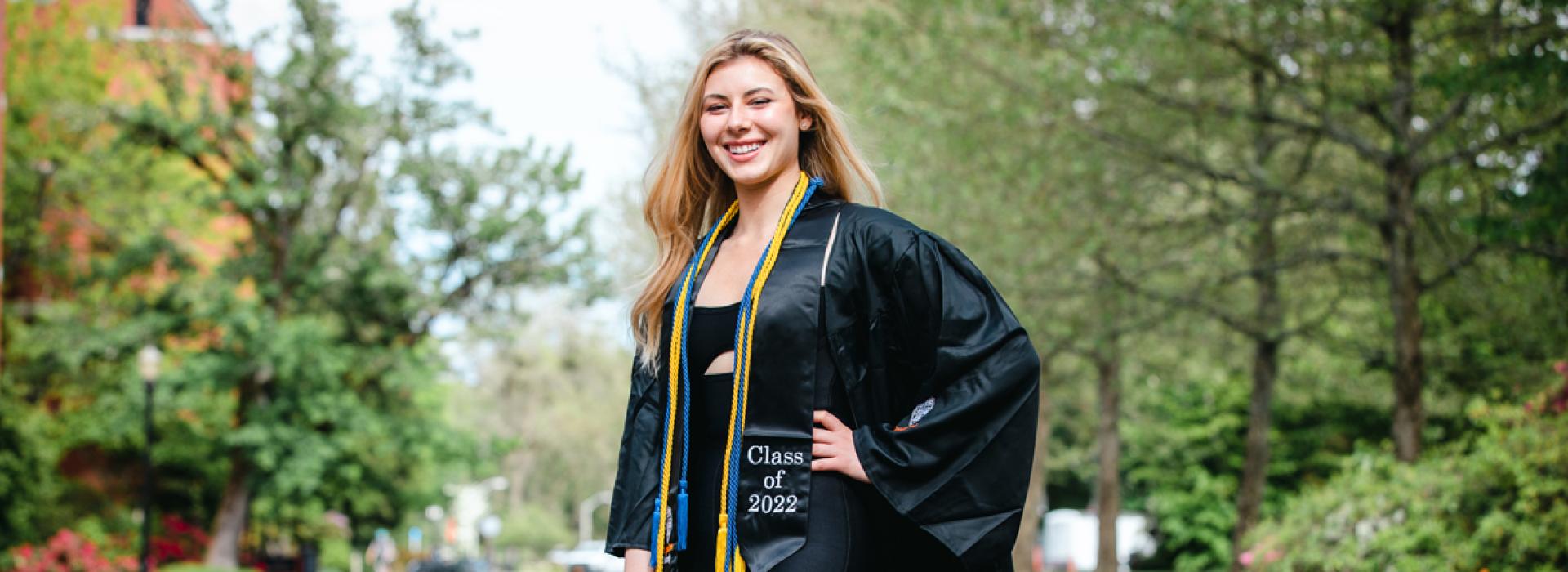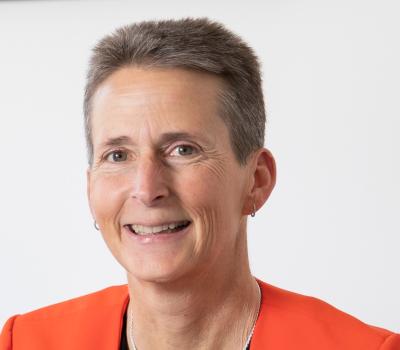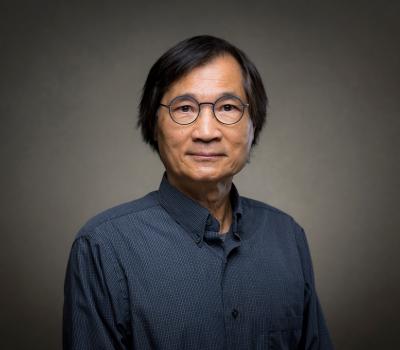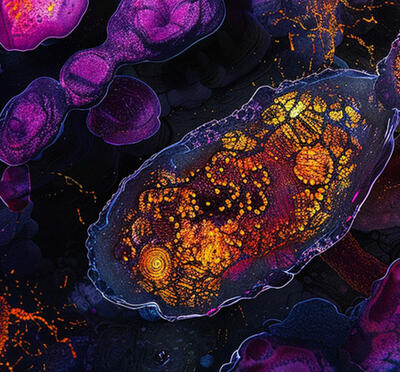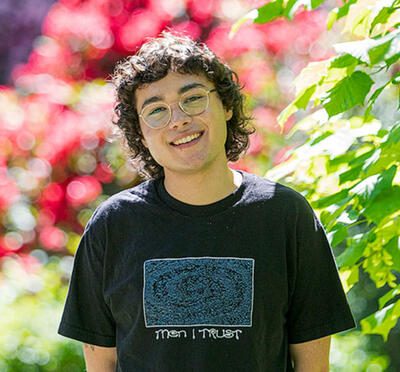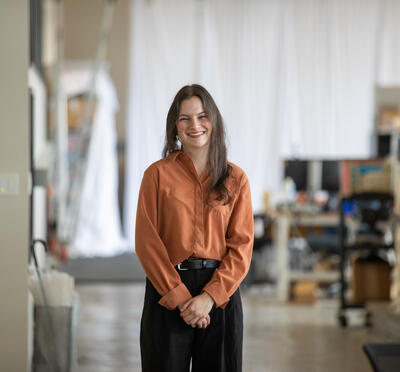Paris Myers’ time at Oregon State University took the shape of a collage with a bit of everything in the mix.
An Honors College student graduating this spring with bachelor’s degrees in bioengineering and fine arts and minors in art history and popular music, Myers has been, among other things, an undergraduate researcher at Oregon State’s Collaborative Robotics and Intelligent Systems Institute, a visiting research intern at Harvard’s John A. Paulson School of Engineering and Applied Sciences, an intern for Outlier.org, and co-leader of Oregon State’s 2021 Marine Energy Collegiate Competition team that placed in a national competition.
It’s no wonder, then, that she was recently awarded the Joe Hendricks Scholarship for Academic Excellence and will be honored with a video highlighting her accomplishments at Oregon State’s 2022 Commencement.
“I’m extremely grateful to be awarded the Joe Hendricks scholarship,” Myers said. “There are hundreds of excellent graduating students at OSU, including 36 other nominees for this honor. I can’t emphasize that enough.”
Myers was nominated by her Honors thesis co-chair, Skip Rochefort, associate professor of chemical engineering, who describes her as a thinker, learner, and maker to the highest degree.
“Paris will change the world, sooner rather than later,” Rochefort said.
Myers was shown the value in blending art and science via hands-on learning early on by her parents. Once she started Crescent Valley High School in Corvallis, she took a course called Introduction to Art and Engineering taught by Adam Kirsch.
“In that class, I realized combining art and engineering empowered me to engineer in a way that put humanity first and created scalable impact,” Myers said. “I had an intrinsic curiosity.”
“It was just a match,” explained Myers. “A special shoutout to Dean Toni Doolen. I did things differently, and the Honors College supported me and stood behind my interdisciplinary approach to my education and research.”
While at Oregon State, Myers has engaged in research, internships, and other professional and charitable opportunities. Last summer, she received funding from Doolen and the Honors College and Larry Rodgers, dean of the College of Liberal Arts, to intern with the Harvard Biorobotics Laboratory. There, she co-created a study that combined haptics and soft robotics, visual art, and curatorial studies. Myers’ own curatorial experience began while interning with Oregon State’s Kirsi Peltomäki, professor of art and contemporary art historian.
“Dr. Peltomäki was my main advisor for my art history minor. I loved every second of it, and I’m honored to have her on Honors thesis committee” Myers said. “I also loved my experience doing a minor in popular music. I’m thankful and lucky to have earned the graduating senior music award.”
Inspired by Solomon Yim, professor of coastal and ocean engineering and structural engineering, who serves at her other Honors thesis co-chair, Myers will continue her passion for sustainable engineering by collaborating with interdisciplinary teams to promote renewable, innovative solutions.
Myers also serves her community through her art. When the pandemic struck in 2020, she launched her fundraising campaign, Paintings for Produce, working with Gathering Together Farm in Philomath to raise $10,000 for food donations to Benton County families through the commission of custom paintings. She also advocates for accessible education; in 2021, she interned for Outlier.org, a startup from the co-founder of Master Class that designs courses filling baccalaureate core credit requirements for all learners at a low cost.
Days after she graduates, Myers will join the MIT Media Lab’s biomechatronics team as a full-time researcher working with famed scientist Hugh Herr.
“I’m thrilled to combine art and engineering — function and form — to create solutions that integrate the human body, design, and robotic systems,” Myers said.
As she reflects on her undergraduate career, Myers wishes success to current and prospective Oregon State engineering and arts students. She suggests it is OK not to know what they want at first, but they should “never take themselves out of a room” and trust their capacity to learn, even if nontraditionally.
“There are many different ways to be excellent,” Myers said. “How you create artwork, engineer systems, or solve problems might differ from how your peers do it. And that’s absolutely OK.”
